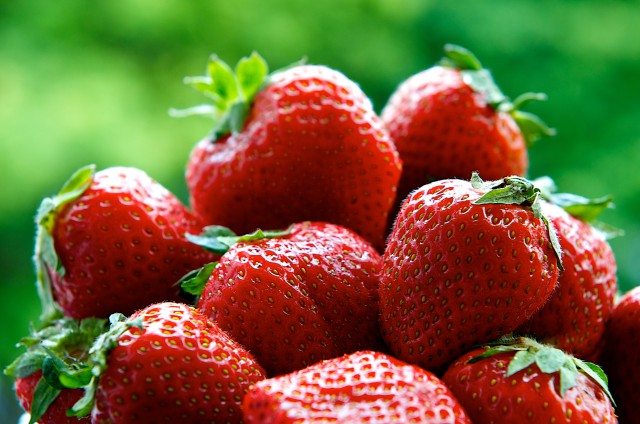Consumers aged 55 and older associate ‘natural’ products with a healthy, yet tasty, lifestyle and diet, according to a July 2014 survey of 2,000 consumers in the UK conducted by Canadean.
The survey finds that 38% of respondents are looking for ‘natural’ food choices, which is due to them growing more mindful of their health and well-being: 60% of those who look for natural foods also describe themselves as seeking healthier food options.
“Older consumers often see ‘natural’ as a byword for ‘organic’, ‘healthy’, ‘fresh’ and ‘wholesome’. However, there are no regulatory criteria when it comes to the term ‘natural’, which leaves manufacturers more open to put the label ‘natural’ on their product,” says analyst Catherine O’Connor.
By contrast, products that claim to be ‘organic’ have to be produced using organic methods of farming which promote ecological balance, conserve biodiversity and do not allow for synthetic pesticides or additives.
Similarly, in order to claim to be ‘healthy’, a product has to contain a reduced amount of ‘bad’ ingredients, such as using natural sweeteners in place of sugar or by reducing saturated fat content.
“When we asked consumers about their dietary habits, we purposely avoided defining the term ‘natural’, meaning that the respondents were defining it for themselves,” she says.
“The resulting overlap in the use of the terms ‘natural’ and ‘organic’ proves that many consumers are confused about the exact meaning of those labels.”
According to survey data, the desire for ‘natural’ foods also results from older consumers’ search for quality.
“Products marketed as ‘natural’ are currently more successful among older consumers than products featuring more explicit health claims,” says O’Connor.
“This is because older consumers think that ‘natural’ products are made with care and craftsmanship, whereas they fear that foods marketed around health alone may involve a sacrifice in taste that they are not eager to make.”










